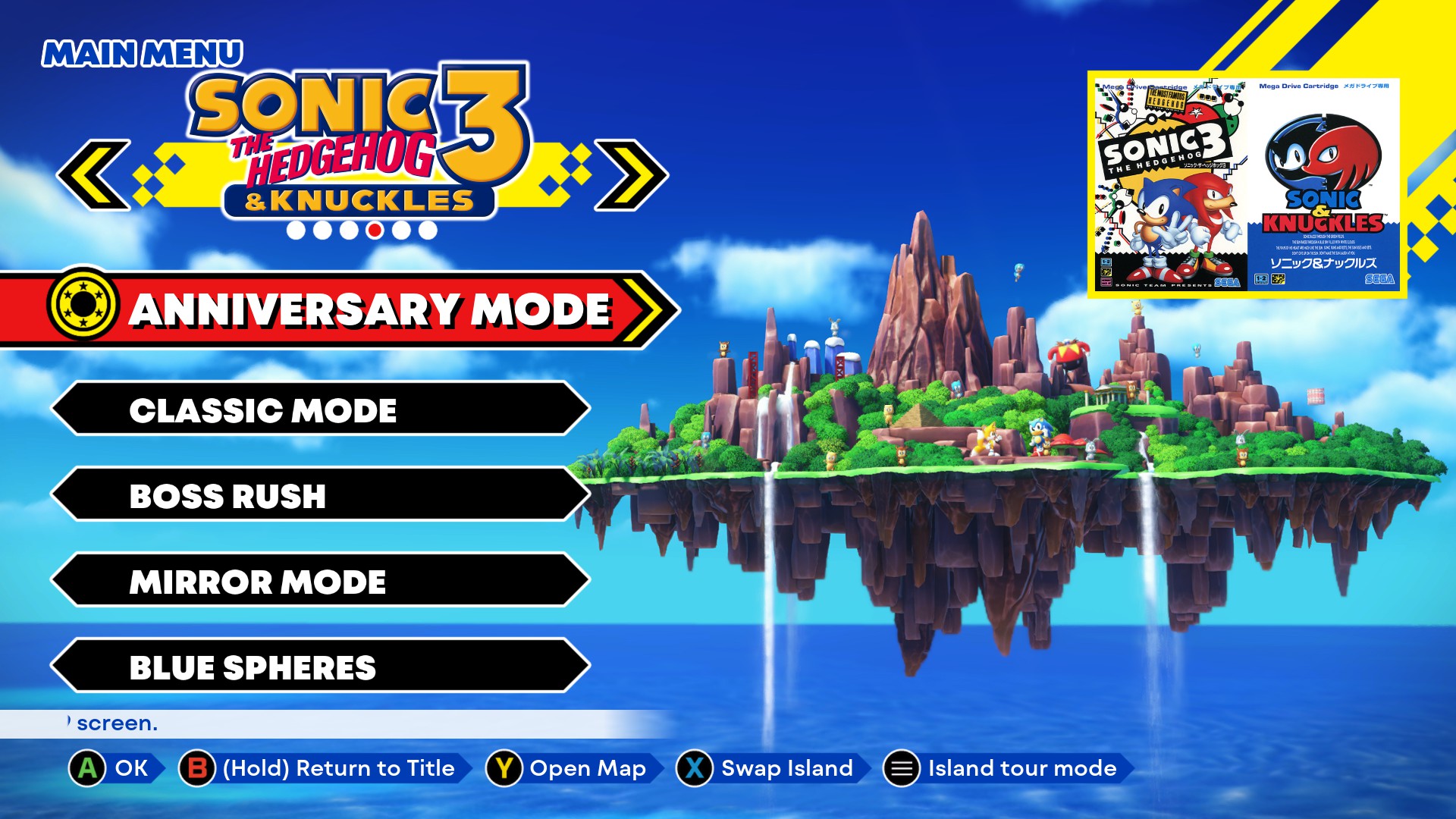In short: referencing other retro game collections released in the past year, the writer notes that Origins could have been a prime opportunity to collect everything about “classic Sonic” from the early to mid-'90s in one package - obscure games, development documents, promotional material, and so on.
Relevant quote:
Digital Eclipse has, over the last few years, stepped up what a video game compilation should be. [Teenage Mutant Ninja Turtles: The] Cowabunga Collection has the games, yes. It has multiple versions of some of them! And all sorts of options that alter your playing experience. But it’s the extras that, for me, make it truly shine. You’ve got all sorts of magazine advertisements. You don’t just have a couple pieces of concept art – you have entire game design documents, for multiple games. Anything written in Japanese? A single button gives you an English translation. You have screenshots of every single episode of Ninja Turtles. It takes that extra step to not just give you the games, but let you take a peek into how they were made, and how they were part of the greater Turtles experience. The Ninja Turtles were one of the biggest things in the world back in the late 80’s and early 90’s, and you get a sense of why.
Then Atari 50: The Anniversary Collection took it another step, turning the video game compilation into a true interactive museum. You’ve got a timeline, you’ve got full documentary style interviews. The Atari 2600 was before my time, but I understand the importance of that company and the games they produced. For someone who has zero idea why? That is the perfect game to tell you. It takes any Atari collection that came before and blows it out of the water. The highs and the lows are there for everyone to see, with commentary from the people who were there, and giving you a selection of games that cover it all. It even has Atari Jaguar games. A system that most people will say had one good game!
Sonic Origins doesn’t bother to tell you when Sonic the Hedgehog 2 was released.
It’s an interesting point - even if companies aren’t necessarily required to be stewards of their own history and present it all to the public like this, on some level perhaps they should be.
Sega Ages seems to be the high-effort definitive releases of classic games. Unfortunately, it doesn’t seem like the Sega Ages run on the Switch did so well.

